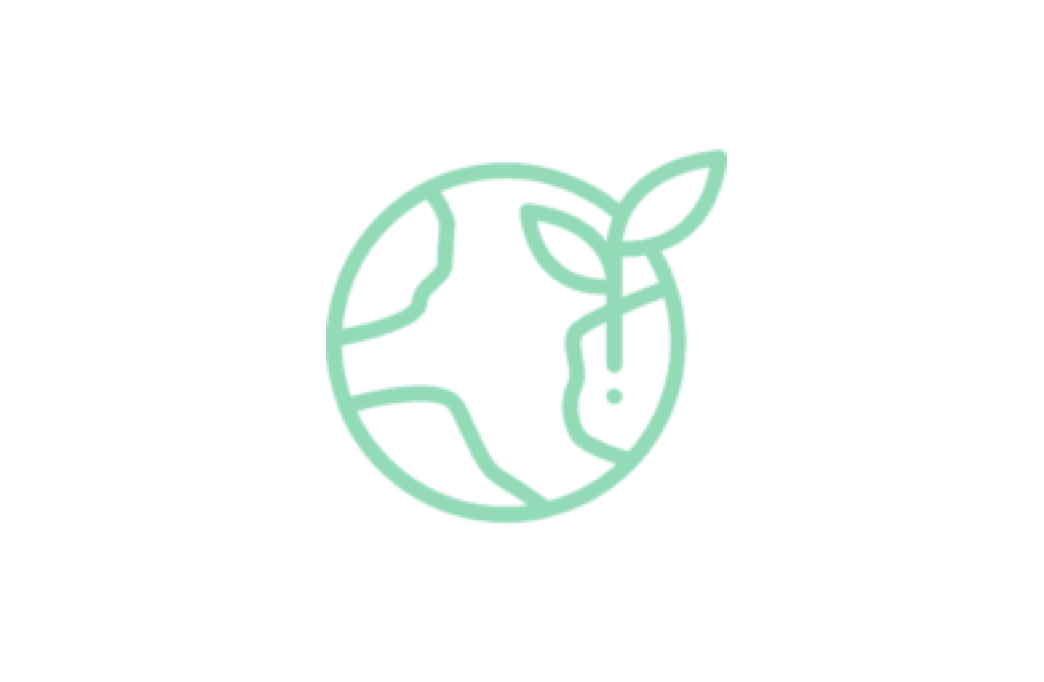Sector: Blockchain Awards
Aplicación: Sustainability
Empresa: Fujitsu
Through our technology and infrastructure called “trust data”, we provide reliable, traceable and immutable data on the conditions of this wasted water. Creating a certification between parties, without the need for a trusted third party, and allowing the reuse of this water between third parties. Through private blockchain we enable trust over quality water, and create a new revenue stream to the food company; as well as creating a secondary market for water credits.
IDENTIFIED PROBLEM AND PROPOSED SOLUTION
Industrial pulp food manufacturing processes need to reduce the relative humidity of food (vegetables and fruits). This water is a waste product that is neither used nor profitable but is also a major discharge into the sewage system. At the same time, the food industry needs large quantities of water, which generates water stress in the area where it is located. Through our technology and infrastructure called “trust data”, we provide reliable, traceable and immutable data on the conditions of this wasted water. Creating a certification between parties, without the need for a trusted third party, and allowing the reuse of this water between third parties.
Through private blockchain we enable trust in quality water and create a new revenue stream for the food company, as well as creating a secondary market for water credits. And, additionally, having an indexed logistics control system around blockchain allows the participation of many companies in a transparent and reliable way. Our vision as a global company is to generate a “trust society” from “trust data”.
DIFFERENTIATING VALUES
- Reduce water waste: Reducing 1 million Olympic-sized pools of water per year is a big step.
- Reduce water stress: Enabling water reuse between industries, and having full traceability of logistics is the perfect tool.
- Improve quality of life: The project boosts the concept of prosperity, as it supports a balanced life between health-benefit-sustainability.
- Fulfilling ESG criteria: The project enables the fulfilment of ESG criteria for companies by reducing water use, reducing water stress, promoting smart water use, and generating wealth through water reuse. It also enables the generation of an ethical and efficient market for water credits.
- Generate new income: The project allows the commercialisation of a waste that originally had no value. In addition, it allows transparency about the quality of the water, and avoids the use of intermediaries, so that the purchase and sale operations are carried out directly between the parties and with full confidence.
SUCCESS INDICATORS
Since the launch of the project:
- Number of countries where it has been implemented and people affected by the initiative.
- The project currently reuses 3 trillion litres/year 20,000 litres of water per hour.
- 1% of the profit is donated to impact projects in water stress reduction projects.
- 1000 units planned.
- Food producing companies.
- Currently running in 3 countries (Australia, USA, UK) and will be implemented in 3 more by 2023.
- 100 million people will benefit from its positive impact.
Awards and recognitions:
- Forbes
- United Nations
IMPACT ON SUSTAINABILITY
The Project addresses several SDGs and ESG criteria:
- Water and Sanitation. The objective is both to reduce water waste and to reuse water for industrial and human consumption, thus reducing water stress in the area.
- Industry, innovation and infrastructure. The objective is to implement a layer of transparency and guarantee in the primary sector industry, providing a disruption of the model: no intermediaries, reliable data, ethical market.
- Responsible production and consumption. The aim is to make production more sustainable and reduce its impact on the environment.
- Climate action. The aim is to conserve the earth’s moisture cycle and mitigate drought.
- Life of terrestrial ecosystems. The aim is to improve the production cycle of fruit and vegetables, reusing part of the water.
TECHNOLOGIES USED
- DLT Hyperledger Fabric & Besu
- IoT (Digital twin)
- Inteligencia artificial.
- UX (user first / Technology backstage)
- Connection chain
- Identidad digital
